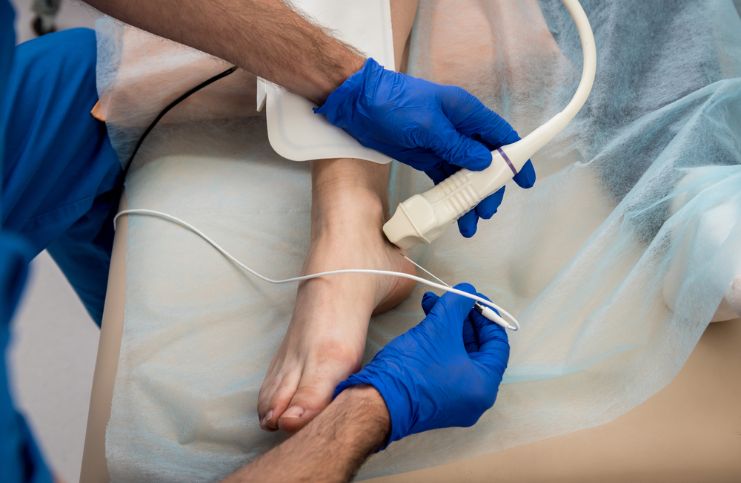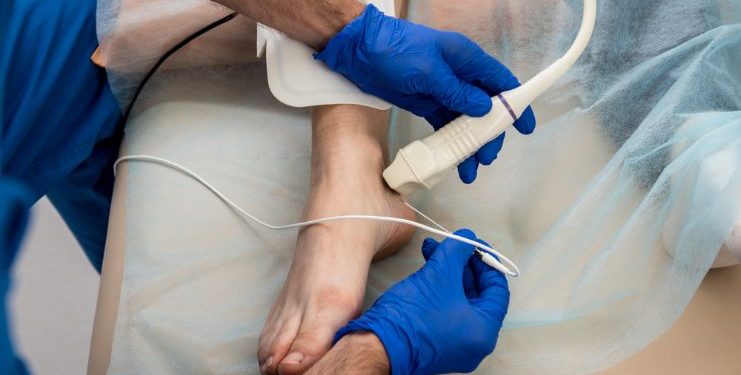Atrial tachycardia is an abnormal heart rhythm that can be dangerous if it lasts long enough. It causes the upper chambers of your heart to beat very fast, usually more than 100 times a minute.
It doesn’t interfere with your heart’s normal pumping function and isn’t life-threatening, but it can lead to problems such as cardiomyopathy and heart failure if it’s not treated. It may also cause you to have a stroke or blood clots that travel from your heart to your brain, which could be fatal.
There are different types of tachycardia and each has different symptoms. Your doctor will examine you to determine the type of tachycardia that you have and what it’s causing.
Sinus tachycardia
Most people with sinus tachycardia experience it during periods of stress, exercise or fever. It can also be caused by a certain medication or a problem with your thyroid. Having high blood pressure or a low potassium level can also cause it.
This type of tachycardia can also be triggered by alcohol or sedative drugs and if you have a history of a heart attack. You may experience chest pain, shortness of breath and dizziness or fainting during the tachycardia.
Another common type of tachycardia is AVRT or atrioventricular reciprocating tachycardia (AVRT). This type of tachycardia occurs when the electrical signal from your AV node (a small bundle of nerves) goes down the AV node and back to the atrium. Or, the electrical signal can travel down an extra electrical pathway called the accessory pathway between your atrium and ventricle, then return to the atrium through that same path.

Atrioventricular tachycardia is more likely to occur in people who smoke, drink too much alcohol, have high blood pressure or have diabetes. It can also be linked to some types of heart surgery.
It is more common in middle-aged adults and people with a variety of health conditions including heart disease, high blood pressure, diabetes, heart attack or kidney disease. It can also be a sign of an underlying problem, such as heart valve disease.
There are a number of other medical conditions that can cause atrial tachycardia, including congenital heart disease and cardiac surgery. If you have a heart condition, you should let your doctor know about any changes in your tachycardia so they can treat them as needed.
The doctor will ask about your lifestyle, including whether you are taking any medications, or if you have other health conditions. They should also inquire about your use of street drugs, caffeine or other substances that can increase the risk of tachycardia.
Your doctor will probably test your heart with an electrocardiogram. They can also do a chest x-ray or blood test to check for heart disease and other conditions.
They may need to put you on a heart rhythm monitor for a period of time, such as a Holter or an Event monitor. This monitor can detect sudden changes in your tachycardia.









